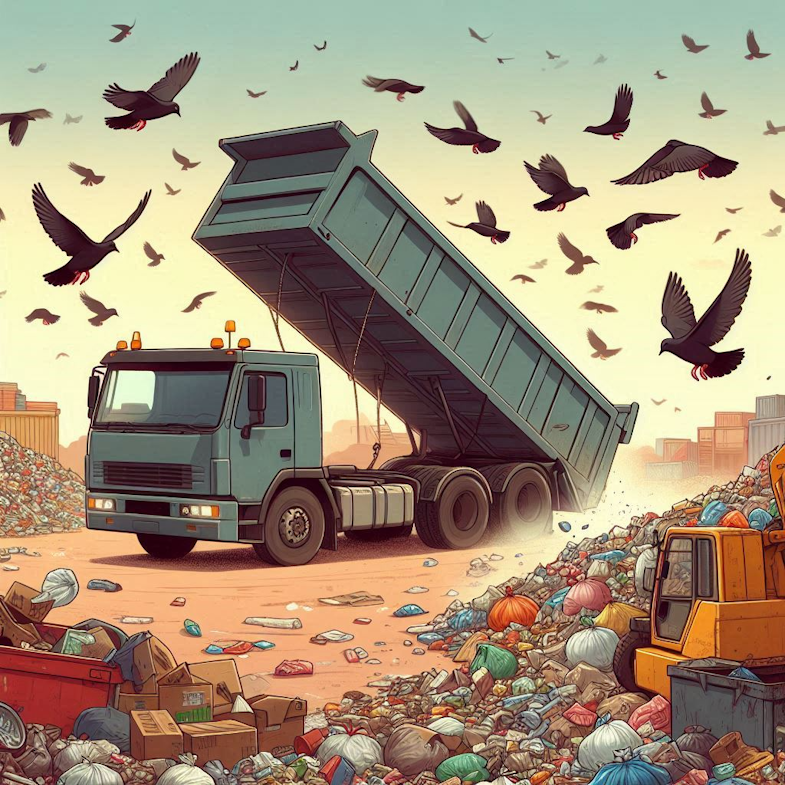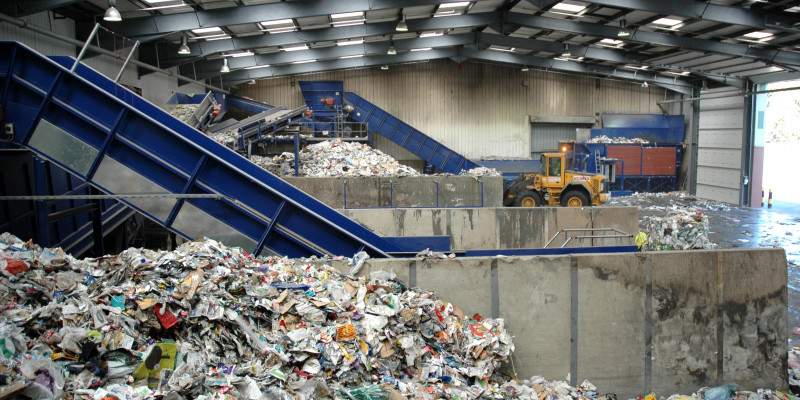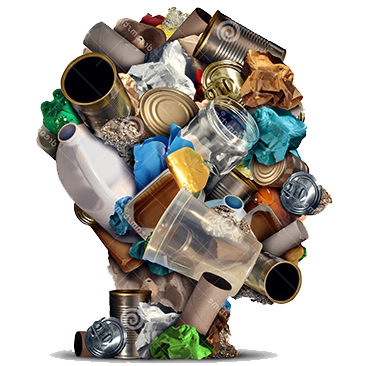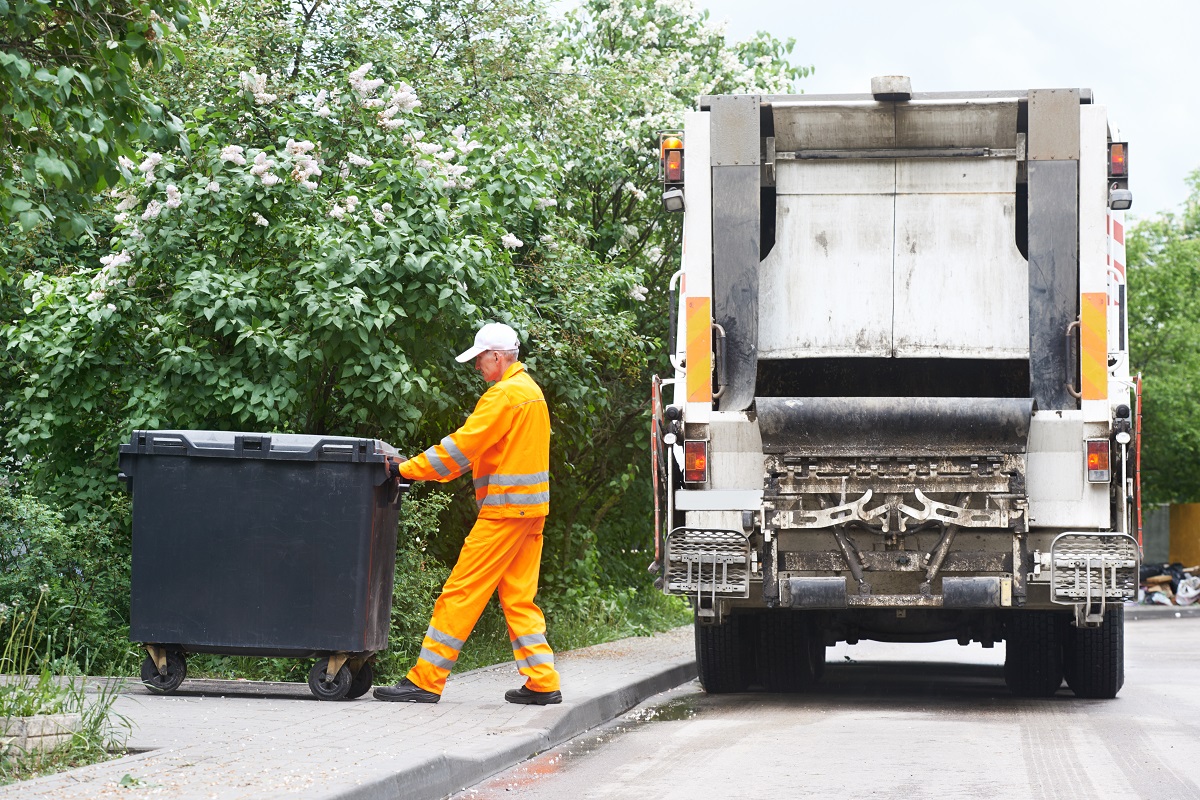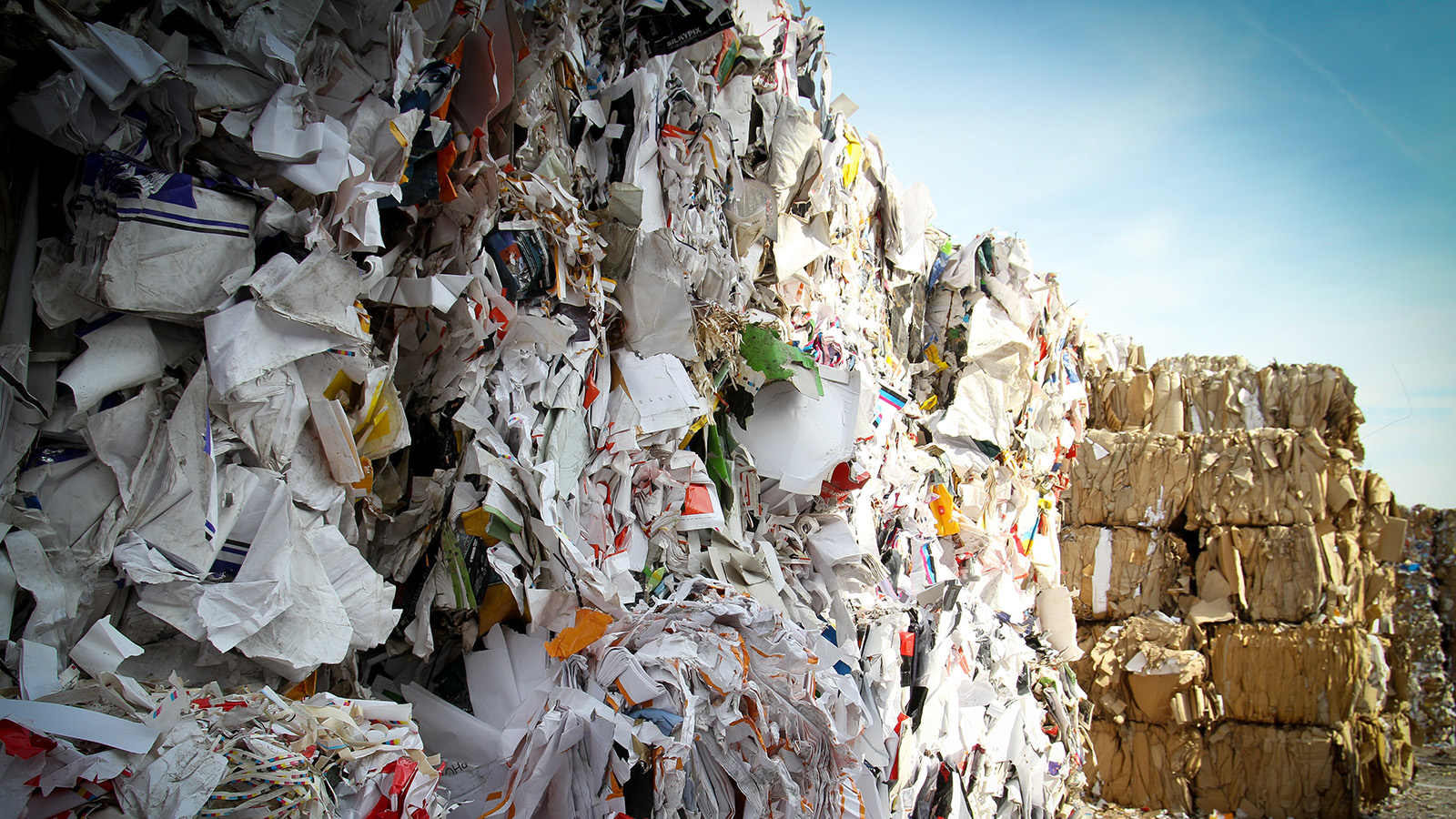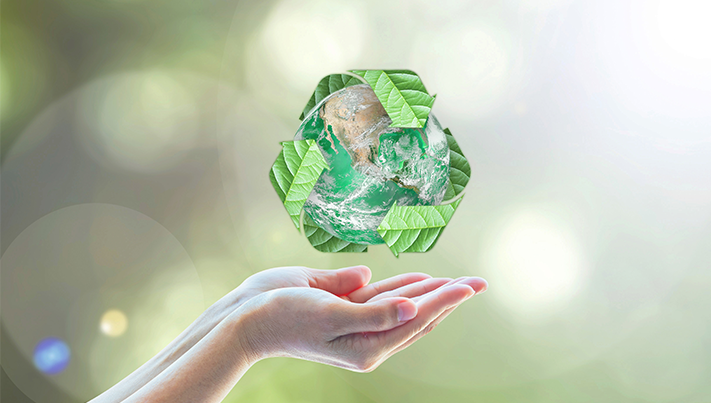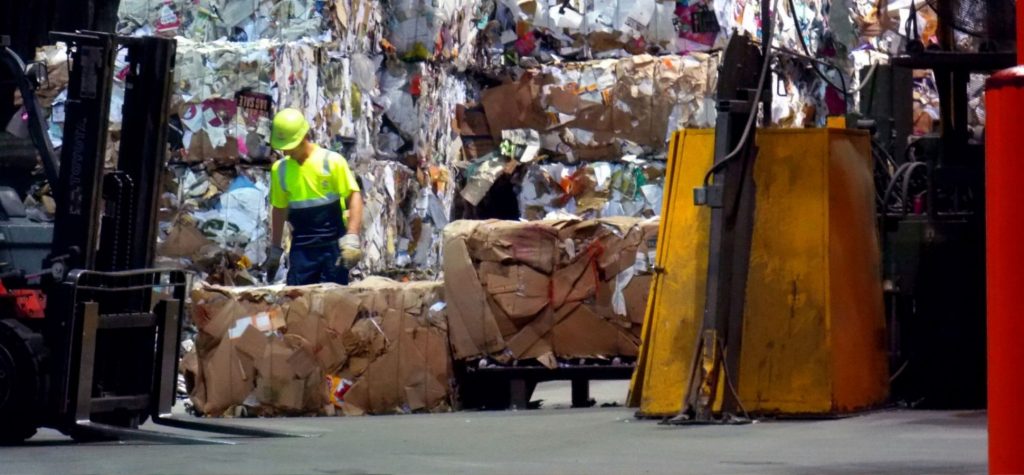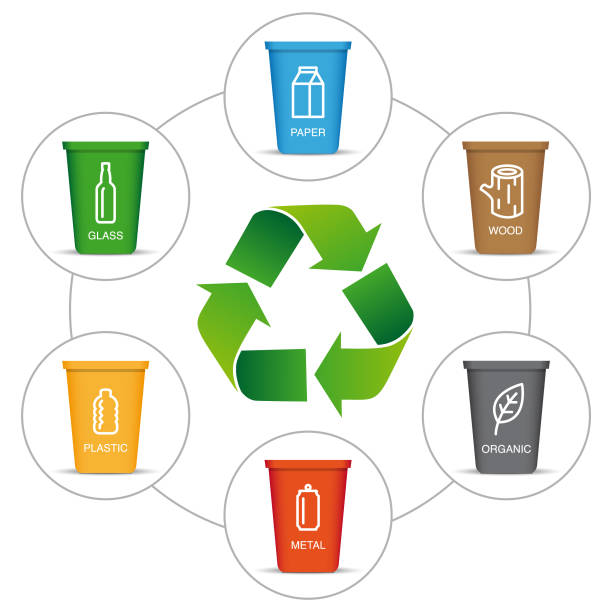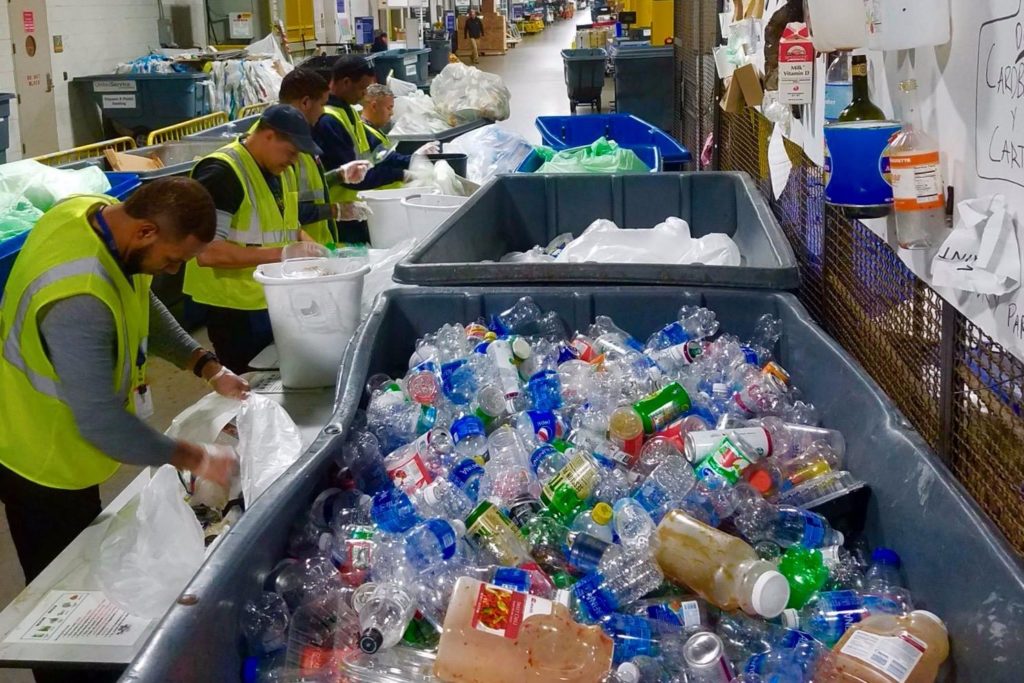Waste management is a serious problem in the era of ever-increasing urbanization. Landfills, traditionally the go-to waste disposal answer, are now seen as a failure of both imagination and environmental stewardship.
In that scenario, constrained land and traditional approaches of waste disposal, with all their environmental side effects had led to the emergence of land reclamation which is a game changing idea as far as cities were concerned. Changing waste into valuable resources this way, allow urban development to progress toward a more sustainable and efficient model.
The Landfill Crisis
For decades in Tennessee and the United States, landfills have been the goto solution to deal with waste. In 2018, the Environmental Protection Agency (EPA) reported that over 292 million tons of municipal solid waste was produced, with a large portion being dumped in landfills. Not only do these sites take up enormous expanses of land, but they also pollute and emit greenhouse gases or alter the local ecosystem. With more people living in cities like Chattanooga or Memphis, the focus on finding viable alternatives to landfills intensifies.
The Idea of Land Reclamation
Land reclamation entails turning tracts of land that are desired to be put into wider use from degraded and underutilized spaces like former landfill sites. It can come in a variety of modalities, from building parks and creating green spaces to residential or commercial uses. If we reimagine waste as a resource, urban planners and developers become part of the circular economy, where materials are retained and reabsorbed in new products and usages rather than being thrown away.
A case in point is the Freshkills Park project in New York City. The 2,200-acre site was one of the world’s largest landfills prior to its closure by Mayor Michael Bloomberg’s administration as part of an effort to create a new public park. This ambitious project addresses the waste legacy and contributes a community asset that improves environmental stewardship and quality of life.
Creative Recycled Material Ideas
This change to ‘land reclamation’ has acted as a catalyst for new ways of using garbage and waste. Recycling construction and demolition waste is one of the most potential strategies. When cities recycle materials like concrete, bricks and wood that they can no longer use by crushing them up and re-using them for new construction projects instead of taking it to a landfill it reduces waste sent to landfills and provides resources which would be needed if the materials were not recycled.
Cities like Chattanooga already have strict recycling standards in place, with demands construction waste has to be diverted from landfills in an extremely high percent. These recycled materials are reused in building roads, improving landscapes and other infrastructure activities by converting scrap waste into an indispensable urban developmental aid.
Organic waste can be used to produce bio-based materials, constituting another smart approach. For instance, there are companies out that now make blocks and panels from agricultural waste like straw, or even rice-husk. Not only are these materials significantly minimizing the amount of organic waste headed to the landfill, they’re providing sustainable solutions over typical construction materials that come with heft carbon costs.
Community Engagement & Education
Most land reclamation efforts have proven successful by engaging and educating the community. When local residents are part of the process to plan and implement these projects, there is a sense of ownership and that burning interest to conserve our environment. Community gardens, urban farms and recycling- and sustainability-focused learning initiatives can change the conversation of waste into action that is good for the earth.
Representative projects such as the Detroit Future City initiative work to reintegrate neighborhoods by transforming vacant lots into parks and gardens. These projects not just help with urban aesthetics but also with providing fresh produce, sport and community centers.
Challenges and Waste Management Considerations
While cities face a similar existential challenge and the possibilities of land reclamation or creative uses for scrap materials is immense, there are obstacles to be navigated too. There are the regulatory hurdles, funding constraints that followed a generation of overbuilding during the billowing tech boom and bust, not to mention popular sentiment. There is also a transportation component for waste materials which factors into the environmental impacts due to greenhouse gas emissions.
Moving forward, a closer partnership between public agencies, private partners, dumpster rental companies and community agencies will be critical. Since recycling and sustainable practices are crucial, it is important for the county to develop policies that foster both, and open up new opportunities in urban development and encourage innovation.
What they do is return landfills to the people and it is a meaningful way of shaking how we think about waste, urban development.
Cities of Tennessee can do a 180 on turning wastes and liabilities into assets by welcoming new uses for old junk that improve sustainability and quality of life.
In dealing with the issues of urbanization and environmental degradation, the methods by which land is reclaimed provide a model for greater resilience towards making something environmentally sustainable. By leveraging community engagement, green thinking recycled initiatives and a shared mission, we can forgo those benchmarks to redesign urban environments that allow living spaces to flourish for future generations.

